Visita guiada "BIOMEDAQU project: Aquaculture meets Biomedicine"
17-09-2021
ENGLIST version below:
BIOMEDAQU is a Marie Skłodowska-Curie Innovative Training Network, which aims at combining research in skeletal biology from two areas: Aquaculture and Biomedicine (https://www.gigabiomedaqu.uliege.be). Human bone diseases such as osteoporosis are pathological conditions resulting from abnormal bone function and structure. Medicines have been developed for treatment of these diseases but many have been associated with severe side effects on the long term and none completely replace lost bone. Thus, there is a compelling need for new molecules with bone beneficial effect that can be used to develop next-generation anti-osteoporotic drugs. On a parallel aspect, skeletal anomalies are very common among fish that are raised in the aquaculture industry, raising concerns for animal welfare and causing enormous economic losses for aquaculture companies. Since fish farming represents nowadays a fundamental component of the global food industry, solutions have been sought to ameliorate these disorders affecting the skeleton of farmed fish. The marine environment may hold the clue to solve the issues above-described, being considered a potentially inexhaustible source of bioactive compounds that can be used as drugs or nutrients. In my project, we produce extracts from different species of marine microalgae, microscopic unicellular plant-like organisms responsible for most of the photosynthesis in the oceans. We study these extracts and screen them to assess their bone-beneficial properties. To do this, we test these extracts on small fish, such as the zebrafish and the Japanese medaka, that are commonly used as model organism for both aquaculture and biomedical research. During the tour, we’ll be visiting our fish facilities, where we maintain and rise our model fishes, as well have a look at what equipment we use to and how we produce the extracts starting from microalgae biomass. Finally, we’ll have a look from close to some of our fish models that we use for understanding if these extracts contain compounds that may be used in the future for human drugs or as ingredients to make fish feeds for aquaculture.
Telefone: (+351) 289 890 922; Telemóvel: (+351) 962422093
E-mail: info@ccvalg.pt
http://www.ccvalg.pt/public/index.php



